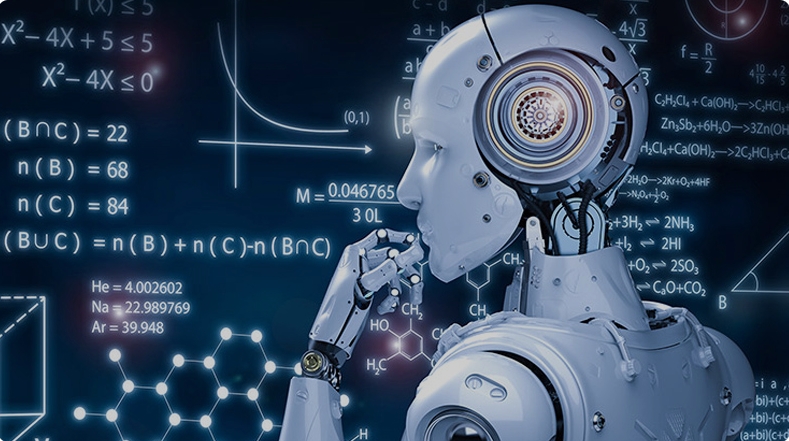Artificial Intelligence (AI) has become an integral part of our daily lives, seamlessly weaving into various aspects of technology and transforming the way we interact with the world. In this tech-driven era, AI is not just a futuristic concept but a present reality that shapes our everyday experiences.
One of the prominent areas where AI is making waves is in virtual assistants. Platforms like Siri, Alexa, and Google Assistant have become our digital companions, responding to our queries, setting reminders, and even cracking jokes. The convenience they bring to our lives has made them indispensable, showcasing how AI enhances our day-to-day interactions.
AI has also infiltrated the realm of entertainment, providing personalized recommendations on streaming platforms. Whether it’s suggesting movies, music, or shows based on our preferences, AI algorithms work tirelessly behind the scenes, ensuring our leisure time aligns perfectly with our tastes.
In the retail landscape, AI is revolutionizing the way we shop. E-commerce giants employ AI algorithms to analyze our browsing history and shopping patterns, offering tailor-made suggestions and discounts. This personalized shopping experience not only saves time but also introduces us to products we might not have discovered otherwise.
Another notable application of AI is in healthcare. From predictive analytics to diagnostic tools, AI is assisting medical professionals in providing more accurate and timely care. Wearable devices equipped with AI can monitor our health parameters, sending real-time updates to healthcare providers and empowering individuals to take proactive steps toward their well-being.
AI’s influence extends into the automotive industry, with the rise of autonomous vehicles. Smart cars equipped with AI-powered systems can navigate traffic, detect obstacles, and even self-park. This technology aims not only to enhance convenience but also to improve road safety, marking a significant shift in the way we commute.
Moreover, AI plays a pivotal role in social media platforms, where algorithms analyze our online behavior to curate personalized content feeds. This not only keeps us engaged but also reflects the evolving nature of AI in understanding human preferences and adapting to our dynamic interests.
In the workplace, AI tools streamline tasks, automate processes, and enhance overall productivity. From email categorization to data analysis, AI’s efficiency allows professionals to focus on more complex and creative aspects of their jobs.
As we navigate this AI-infused landscape, it’s crucial to acknowledge both the conveniences and challenges it presents. Privacy concerns, ethical considerations, and the need for responsible AI development are essential aspects that must be addressed to ensure a harmonious integration of AI into our everyday lives.
In conclusion, Artificial Intelligence has become an indispensable force shaping our daily experiences. From virtual assistants to personalized recommendations, healthcare advancements to autonomous vehicles, the impact of AI is widespread. As we continue to explore and embrace these tech trends, it’s essential to strike a balance, leveraging the benefits while addressing the ethical implications to create a future where AI coexists seamlessly with humanity.
















Add Comment